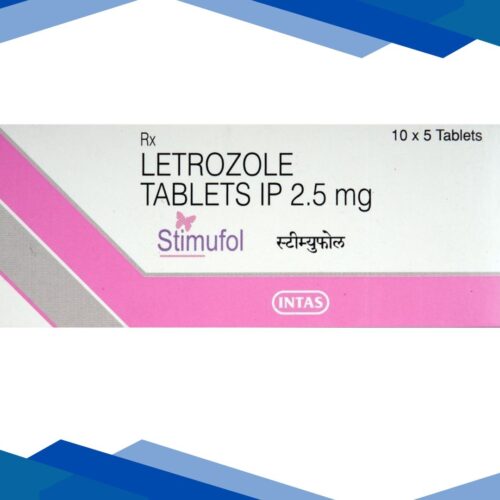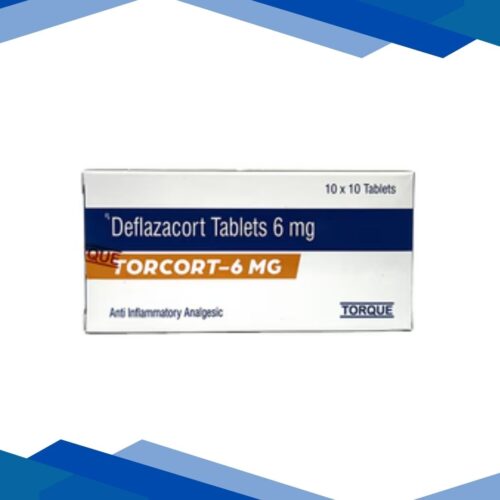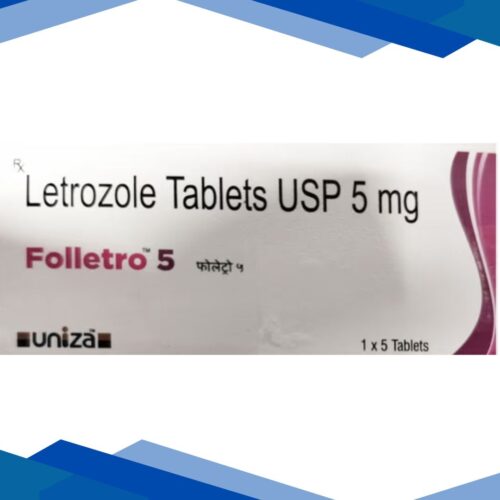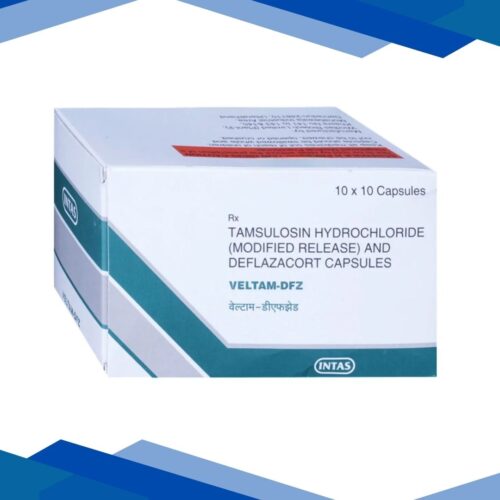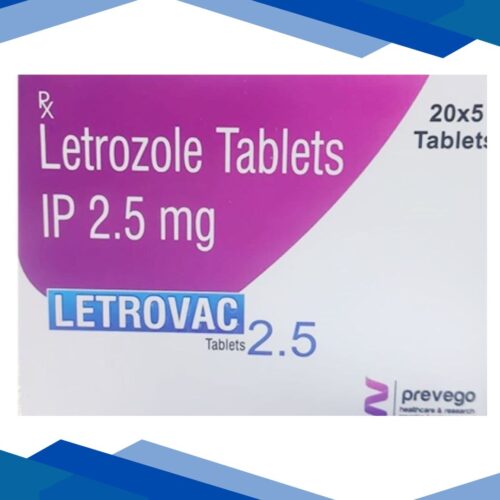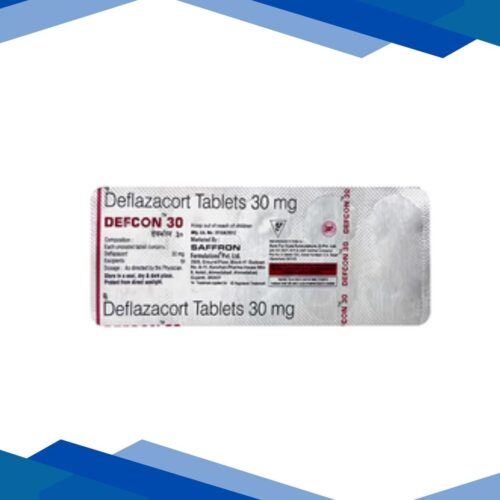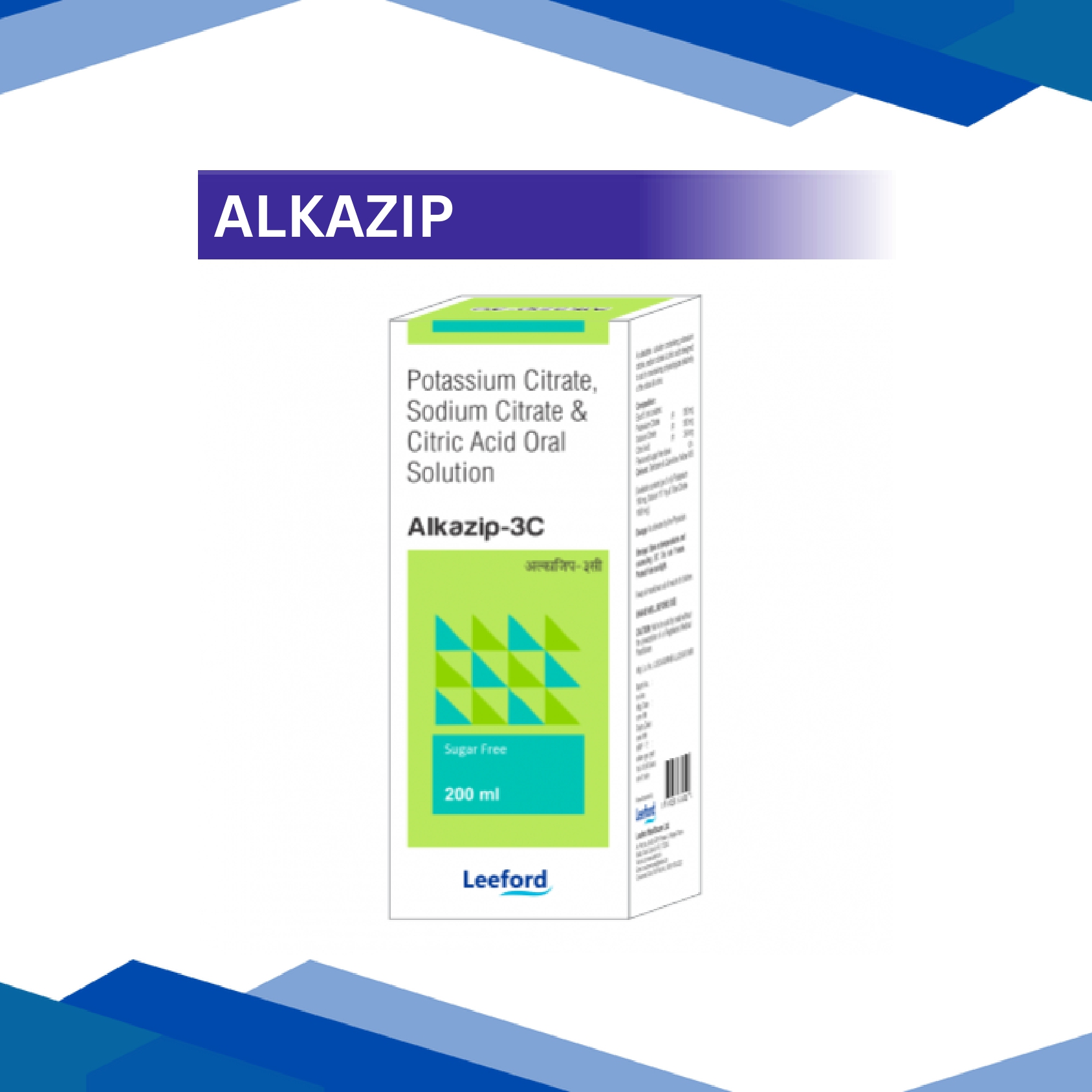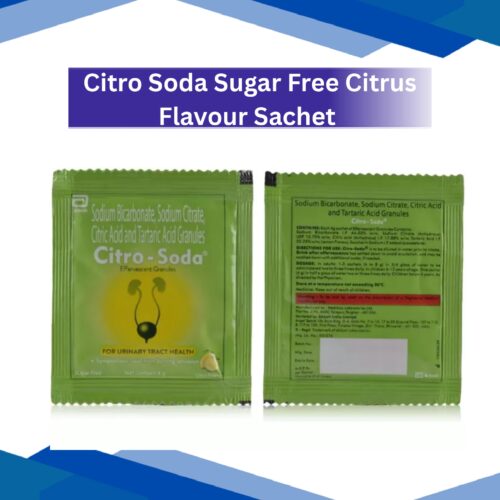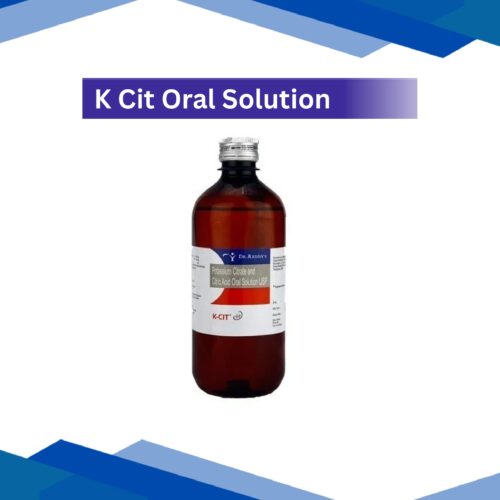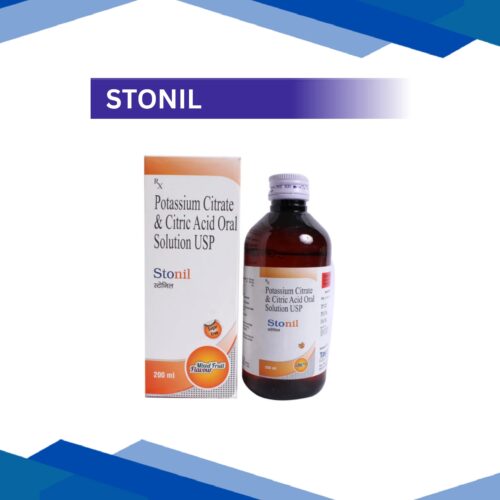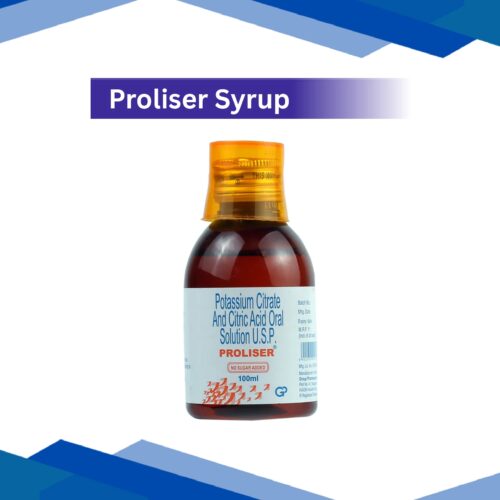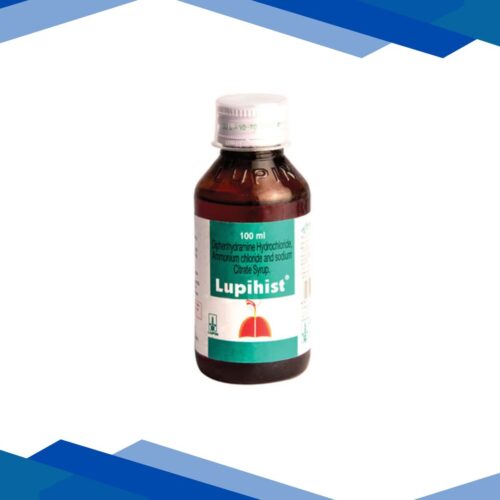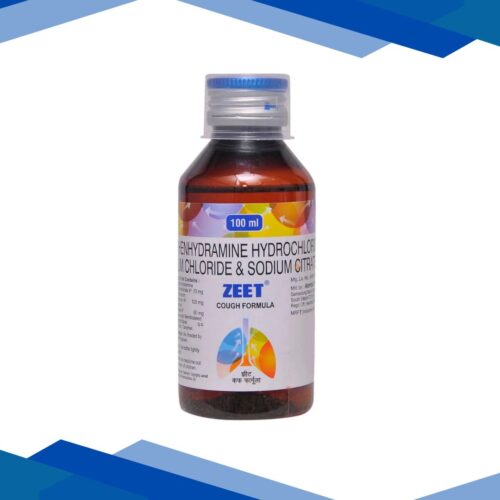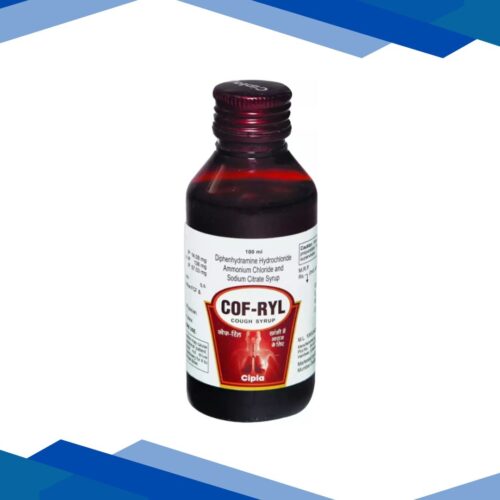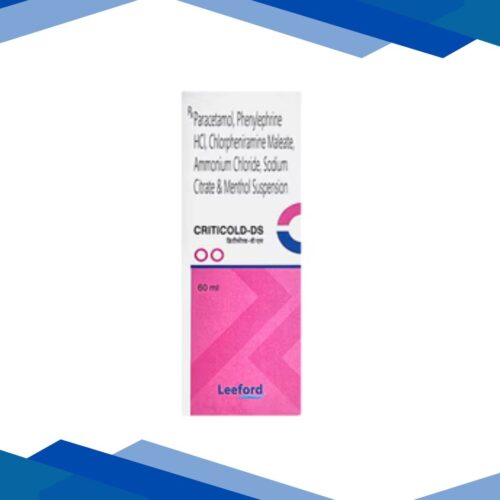Stimufol 2.5mg Tablet
VELTAM DFZ Capsule 10’s
DEFCON 30mg Tablet 10’s
Alkazip 3C 200 ml
No Prescription yet? Don’t worry! Click Here to Get Online Consultation
Why Prescription is Required?
✅ Providing Right Medicines
Prescriptions are complex documents. We proofread and recheck at various steps to provide you the right medication in the correct form and dose.
⚖️ Helps Comply with the Law
Most medicines cannot be sold without a valid prescription, as per the Drugs and Cosmetics Act, 1940 and Rules, 1945.
Book Appointment with Doctor
Alkazip 3C is a sugar‑free urinary alkalinizer solution used to reduce urine acidity, which helps in dissolving and preventing uric acid stones, managing gout, and improving urinary pH balance. For more details kindly click on Medicine Salts below:
Citric acid
Citric Acid: Uses, Formulation Roles, and Benefits
Citric acid is an organic acid that is found naturally in citrus fruits like oranges and lemons. This makes it a versatile excipient and active ingredient in pharmaceutical formulations. Most importantly, citric acid is widely used in effervescent tablets, urinary alkalizers, and stabilization agents that ensure therapeutic products remain potent over time. Apart from these benefits, when treated as potassium citrate or sodium citrate, citric acid becomes vitally important in treating metabolic conditions and in preventing the stomach from generating specific types of kidney stones.
Why Do People Use Citric Acid in Medicines?
Urinary Alkalization: It helps to raise the pH of urine, making the urine less acidic, which is very necessary for those who are prone to uric acid or cystine stones.
Effervescent Action: Have you ever noticed that some tablets fizz in water? Citric acid and bicarbonate react in the water giving it the “fizz” feeling while expediting the dissolution of the medicine and thereby facilitating rapid absorption in the stomach in the process.
Antioxident: It stabilizes the drug molecules, acting as a preservative which prevents oxidation and other harmful decay related to susceptible medicine substances.
Enhanced Mineral Absorption: It is routinely combined with either Calcium or Magnesium (again in the form of Calcium Citrate) to increase the uptake of these essential minerals out of the intestines.
Getty Images
The better view and quick education
Feature
Details
Drug Class
Urinary Alkalizer / Pharmaceutical Excipient
Common Forms
Powder, Oral Solution, Effervescent Tablets
Primary Indication
Kidney stone prevention, Acidosis, pH Balancing
Source
Naturally derived or biotechnologically produced
Safety Guidelines & Expert Advice
Although Citric Acid is classified as “Generally Recognized as Safe” (GRAS) by global health regulators, it does require careful use when used as a medicine.
How to Take:
It Is All About Dilution: If taking with a liquid, Citric Acid/Citrate must be diluted in a minimum of 6 ounces of water or some irresistible juice, so it does not irritate the stomach and does not harm the teeth.
After Meals: It is advisable to take the medicine after meal(s) or even when going to bed, as to ensure that you do not have any malaise in the stomach.
Fluid Intake: Hydration must be maintained while under treatment with citrate-based medications in order to help the kidneys flush out many more waste materials.
Restrictions:
Kidney Malfunction: You should consult a renal expert first before using Citric Acid if you experience severe kidney diseases, as it can affect potassium and sodium levels.
Oral Hygiene: Prolonged utilization of acidic solutions may ultimately have an adverse impact on the teeth by demineralizing them. It is best to rinse your mouth with water following the ingestion thereof.
Frequently Asked Questions (FAQs)
1. Can Citric Acid cure active kidney stones?
The primary use of citric acid is more prevention, rather than in cases of actual treatment of large stones. By making the urine less acidic, it stops further crystal formation and helps pass through the smaller “gravel.”
2. Can I get enough Citric Acid from lemons?
In an average healthy condition, lemons might be enough; however, for cases like Renal Tubular Acidosis, the concentration in the pharmaceutical grade (like Potassium Citrate) provides relatively controlled dosing. This ensures that the dose remains more consistent than just having the food as a source.
3. Are there any side effects?
Some people might experience temporary mild gastrointestinal symptoms, like nausea, stomach cramps, or diarrhea, which can usually be prevented by supporting the treatment with an abundant volume of water and food consumption.
4. Is it safe for patients with hypertension?
Patients with hypertension trying to keep their sodium intake low should look into the use of sodium in order to avoid too much from Citric Acid. With that being the case, Potassium Citrate would become a better substitute in such instances.
5. Can I take it with antacids?
Taking the citric acid and antacids simultaneously would cause aluminum in the antacid to be absorbed in excess, leading to toxicity. Hence, the best option is to avoid combining Citric Acid with antacids, especially if the latter contains aluminum.
Potassium Citrate
POTASSIUM CITRATE
Overview:
Potassium citrate is a drug that assists in the urine becoming less acidic. In doing so, it prevents the production of some forms of kidney stones (such as uric acid and calcium oxalate stones) as well as treatment of diseases brought about by excess acid in the body. It acts by providing potassium and alkali-fying the urine, rendering the environment less conducive to the growth of the stones.
Classification: Urinary alkalinizer
Uses:
- Prevents and treats kidney stones (especially uric acid and calcium oxalate stones).
- Used to correct metabolic acidosis in people with chronic kidney disease.
- Used in renal tubular acidosis to correct acid-base imbalance.
- Provides potassium supplementation in people with low potassium levels.
- Reduces the risk of stone recurrence by keeping urine alkaline.
How it works:
Potassium citrate works by alkalizing the urine. After administration, it releases potassium ions (K⁺) and citrate ions. The citrate is metabolized to bicarbonate in the liver, which raises systemic and urinary pH, making the urine less acidic. This environment prevents the formation of uric acid and calcium oxalate kidney stones and helps correct metabolic acidosis. It helps replace potassium in the body, which may be low in certain kidney conditions or acid-base imbalances.
Dosage: As prescribed by your doctor.
Side Effects:
- Stomach upset, nausea, or vomiting
- Diarrhea or loose stools
- Abdominal pain or cramps
- Gas or bloating
Precautions:
Potassium citrate should be taken exactly as your doctor tells you. It’s important to drink plenty of water to help it work properly and prevent kidney stones. People with kidney problems need to be careful, because too much potassium can build up in the body. Regular check-ups for potassium levels and kidney function are important, and you should avoid taking extra potassium from other medicines or salt substitutes unless your doctor approves.
Disclaimer:This content is for informational purposes only. Always consult a healthcare provider for medical advice and proper dosage.
Sodium Citrate
SODIUM CITRATE
Overview
Sodium Citrate is a type of salt that helps make body fluids less acidic.It’s often used to relieve discomfort from too much acid in the stomach or urine. It comes in liquid, tablet, or powder form.
Classification
It belongs to a group of medicines called alkalinizers or urinary alkalinizers. These help reduce acidity in the body.
Uses
To treat acid indigestion or heartburn (burning feeling in the chest)
To make urine less acidic, which can help prevent kidney stones or irritation
Sometimes used before certain medical tests like urine tests or surgeries
In hospitals, it may also be used to manage metabolic acidosis (a condition where the body makes too much acid)
How It Works
Sodium Citrate works by turning into bicarbonate in the body. This helps neutralize or balance out excess acid in the stomach or urine. It makes the body’s environment more alkaline (less acidic), which can reduce pain or irritation caused by acid.
Dosage
As prescribed by your doctor.
Side effects
Mild side effects (usually from too much):
Swelling (especially in hands, feet)
High blood pressure
Feeling bloated or puffy
Serious but rare side effects:
Trouble breathing
Chest tightness
Fast heartbeat
Confusion or seizures (if sodium levels get too high or too low)
Precautions
Tell your doctor if you have heart disease, kidney problems, or high blood pressure
Don’t use too much — too much salt can be harmful
If on a low-sodium diet, check with your doctor first
Follow the dosage exactly if using nasal sprays or IV fluid
Disclaimer
This content is for informational purposes only. Always consult a healthcare provider for medical advice and proper dosage
